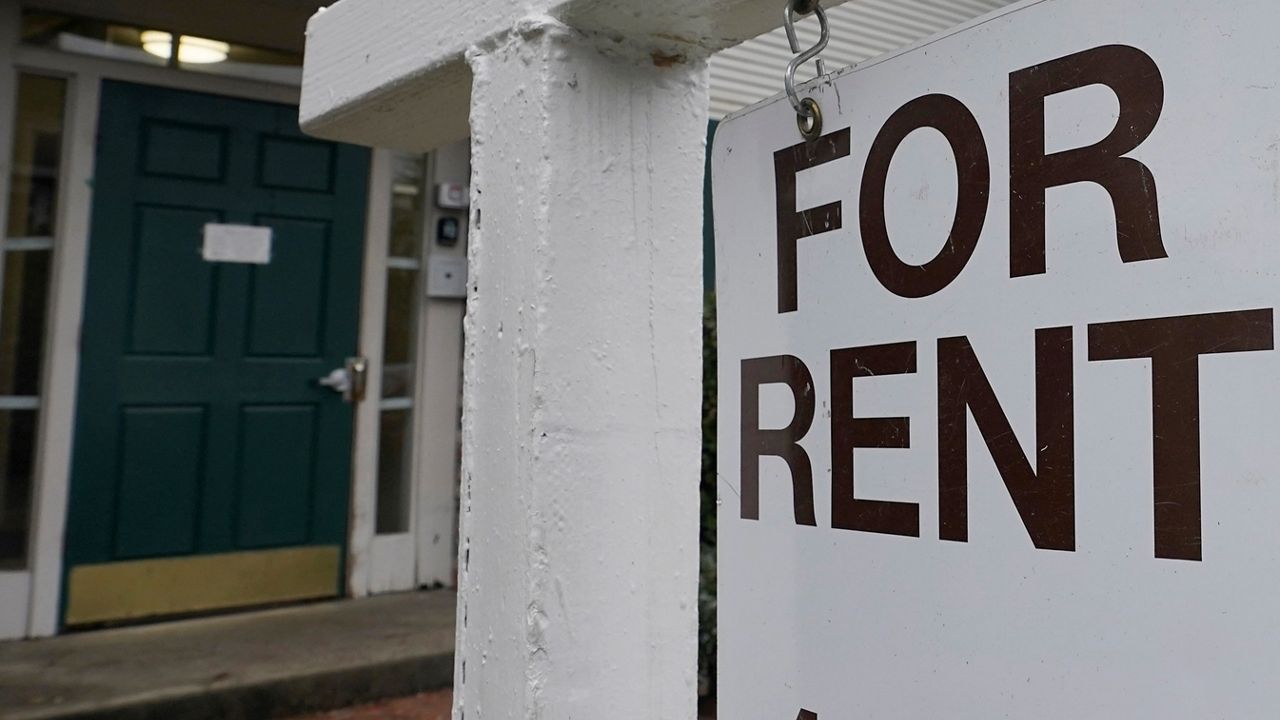LOS ANGELES (CNS) — A Los Angeles city committee approved a proposed expenditure plan for $58.1 million generated by the Measure ULA “mansion tax” to support proposals for tenant protections — as Angelenos face the possibility of eviction if they’re unable to repay back rent for the first 18 months of the coronavirus pandemic.
On Wednesday afternoon, the council’s Housing and Homelessness Committee voted unanimously to support the proposed expenditure plan aimed at funding short-term emergency assistance, tenant outreach and education, protections from tenant harassment, and eviction and defense prevention.
The proposal will head to the full council at a future date for final consideration.
The breakdown of the proposed spending plan for anticipated tax revenue, which was proposed by Mayor Karen Bass’ office, includes:
- $18.4 million for a short-term emergency assistance program, allowing eligible-income tenant households to apply for up to six months owed back rent
- $23 million for the city’s Eviction Defense/Prevention program, which would expand the Stay Housed LA program, a partnership with Los Angeles County, legal service providers and community organizations
- $5.5 million for a tenant outreach and education program to provide both broad and targeted tenant education outreach services including workshops and legal services
- $11.2 million for a tenant harassment protection program to inform tenants and landlords about their rights and obligations. The council adopted the Tenant Anti-Harassment Ordinance in August 2021 to protect tenants from harassment by landlords.
Measure ULA, also known as the “mansion tax,” is a 4% tax on the sale of properties exceeding $5 million, and 5.5% sales tax on properties exceeding $10 million. The revenue from the sales tax is earmarked for renter protections, including protections for low-income seniors at risk of homelessness, rental assistance programs and building more affordable housing units.
City officials initially reported the measure could raise as much as $1.1 billion annually, but that estimate was lowered to $672 million. The mayor’s office reported that $38 million has so far been raised from the measure.
Prior to the committee vote, several housing advocates urged the panel to pass the spending plan.
Alfonso Directo, advocacy director for the Alliance for Community Transit Los Angeles, or ACT LA — a coalition of organizations advocating for transit, housing and environmental justice — said while he supported the plan, the city must use the full $150 million in tenant-protection funds anticipated from Measure ULA to “house and keep people housed.”
“The money for the programs were especially needed (Aug. 1) to help clear the tenants’ rent debt from the pandemic,” he added.
Max Sherman, a representative for the Apartment Association of Greater Los Angeles, which is suing the city over Measure ULA and recently filed a lawsuit against the city for freezing rent hikes, said the association would support rental assistance programs funded by the federal government.
In addition, he recommended the city allocate more money for rental assistance to help tenants pay their rents.
City officials are pushing to inform tenants and landlords of their rights and obligations, with the aim of preventing what Bass called a possible “wave of evictions” in light of the Aug. 1 deadline for repayment of COVID-era back rent.
According to city data, eviction filings from the past 12 months were approximately 27,000, and may increase by another 10,000 for this upcoming year.
“I want to close by emphasizing that our goal is to keep people in their homes,” Bass said earlier this week. “The city is taking unprecedented actions to keep Angelenos inside, and to make sure that landlords, especially small landlords, do not go into foreclosure.”



